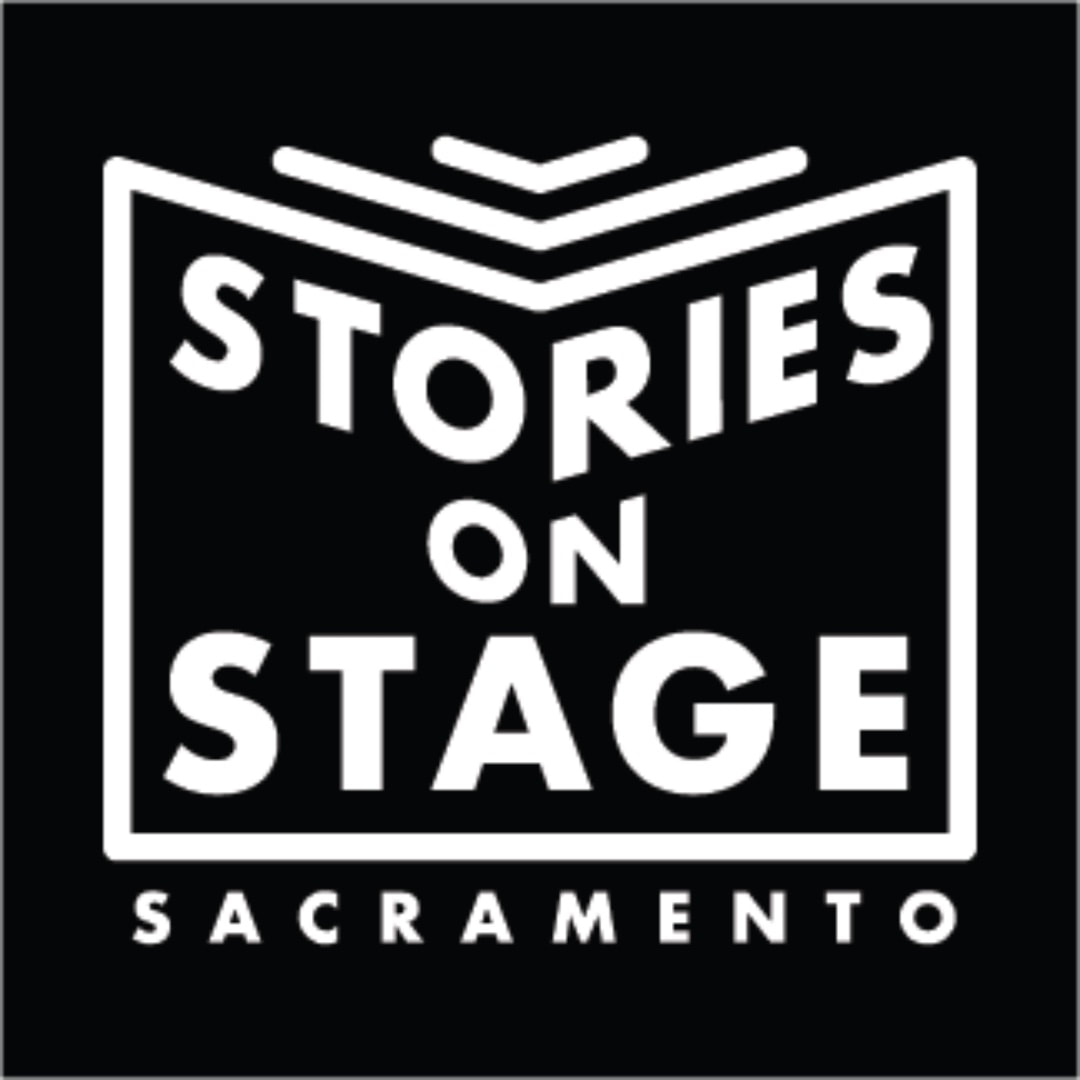Sue Staats Interviews Erika Mailman - |
|
Who We AreLiterature. Live!
Stories on Stage Sacramento is an award-winning, nonprofit literary performance series featuring stories by local, national and international authors performed aloud by professional actors. Designated as Best of the City 2019 by Sactown Magazine and Best Virtual Music or Entertainment Experience of 2021 by Sacramento Magazine. |
|
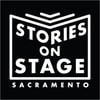
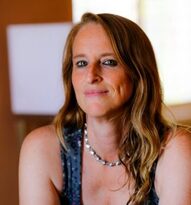
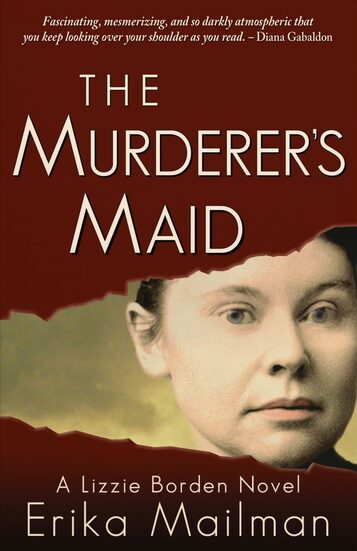

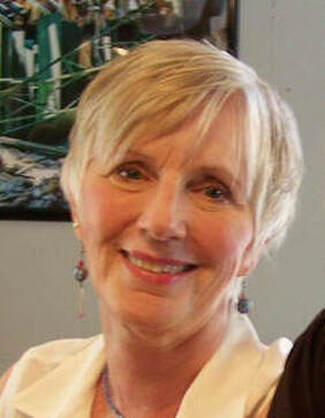
 RSS Feed
RSS Feed
